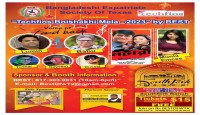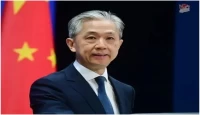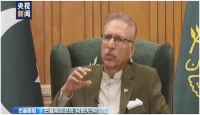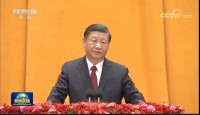Another World Radio Day is being celebrated around the globe today. UNESCO started observing this special day in the year 2012. So, it is the thirteenth edition this year. We all know the importance of radio as a way of educating people, providing information and entertainment and also promoting freedom of expression across cultures. Despite being a little over 100 years old, Radio is undoubtedly, still one of the most preferred ways to exchange information, provide social interchange and educate people all over the world. It has been used to help all sections of people in the society including most vulnerable females and youths to engage in discussion on topics that affect them directly or indirectly. It can save life during a disaster, natural or human made, whatever it may be. It also gives journalists a suitable platform to report facts and tell their stories. 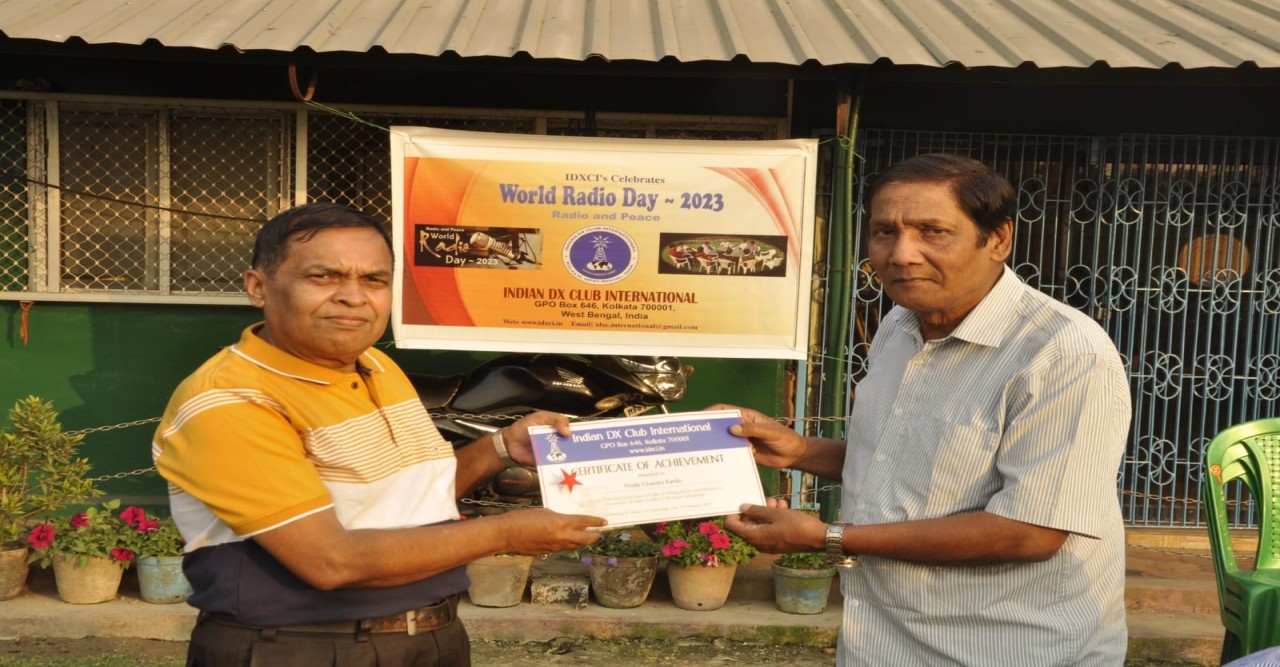 Like previous years, UNESCO has chosen a special theme for this year's World Radio Day also. " Radio : A Century Informing, Entertaining and Educating" is the theme for WRD 2024.This theme perfectly highlights the remarkable history of radio, its relevant present and the promising future to cater to the world with information, entertainment and educational content. So far, everything is okay. But, if we become a little more practical and look into the present scenario of traditional radio service worldwide, I think there are a lot to concern about. Radio is already facing some challenges for its existence. Probably, that is why observing a World Radio Day was felt so necessary. Certainly, radio has a glorious past. It served the mankind in many ways, especially, during the time of crisis, right from the first day of its inception. It always remained as a powerful medium for celebrating humanity in all its diversity and constituted a platform for democratic discourse. At the global level radio has always remained the most widely consumed medium.
Like previous years, UNESCO has chosen a special theme for this year's World Radio Day also. " Radio : A Century Informing, Entertaining and Educating" is the theme for WRD 2024.This theme perfectly highlights the remarkable history of radio, its relevant present and the promising future to cater to the world with information, entertainment and educational content. So far, everything is okay. But, if we become a little more practical and look into the present scenario of traditional radio service worldwide, I think there are a lot to concern about. Radio is already facing some challenges for its existence. Probably, that is why observing a World Radio Day was felt so necessary. Certainly, radio has a glorious past. It served the mankind in many ways, especially, during the time of crisis, right from the first day of its inception. It always remained as a powerful medium for celebrating humanity in all its diversity and constituted a platform for democratic discourse. At the global level radio has always remained the most widely consumed medium.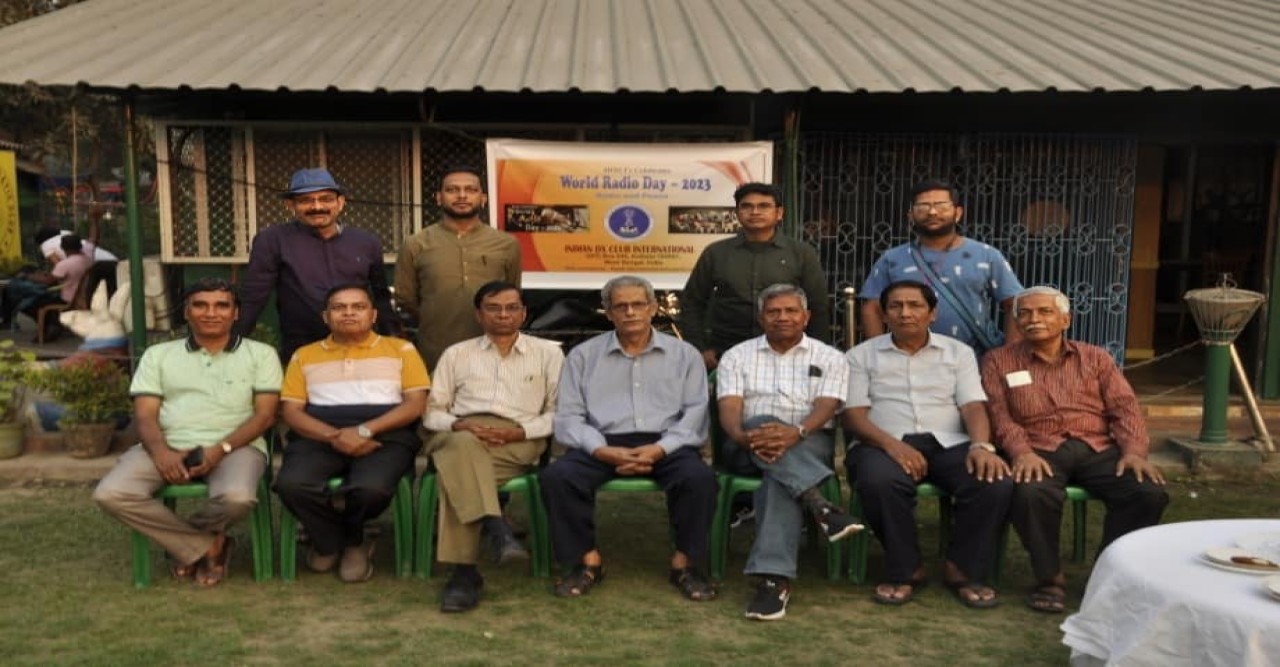 Being a low-cost medium, radio enjoys the advantage of reaching out the widest audience, even in the remotest areas. Thus it stands as an arena for all voices to speak out, be represented and heard. We have seen that radio has played very crucial role during the liberation movements in many countries. Azad Hind Radio or Swadhin Bangla Betar Kendra can be cited here as examples. History also witnessed that some times radio was used as a machinery of propaganda. During the so-called cold war period (1947 - 1991), the broadcasting battle between USA and USSR could never be forgotten by radio listeners. Even today, in many parts of the world, many communities, ethnic groups etc. who are fighting for their liberation or establishing own identity are using radio broadcast to create public opinion in support of their demand. Some of such radio stations are active in our neighborhood also. I can name Radio NUG, Mizzima Radio, Voice of Tibet, Radio Iran International, Afghanistan International TV etc in this connection.
Being a low-cost medium, radio enjoys the advantage of reaching out the widest audience, even in the remotest areas. Thus it stands as an arena for all voices to speak out, be represented and heard. We have seen that radio has played very crucial role during the liberation movements in many countries. Azad Hind Radio or Swadhin Bangla Betar Kendra can be cited here as examples. History also witnessed that some times radio was used as a machinery of propaganda. During the so-called cold war period (1947 - 1991), the broadcasting battle between USA and USSR could never be forgotten by radio listeners. Even today, in many parts of the world, many communities, ethnic groups etc. who are fighting for their liberation or establishing own identity are using radio broadcast to create public opinion in support of their demand. Some of such radio stations are active in our neighborhood also. I can name Radio NUG, Mizzima Radio, Voice of Tibet, Radio Iran International, Afghanistan International TV etc in this connection.
Now the question is why I am so anxious about the future of radio. I think there are definite reasons behind this. Actually, in recent years radio stations are closing down one after another. Many countries which were very popular among the listeners with their radio networks have already stopped the service. Others are following them. Shortwave radio is certainly the major sufferer. Once BBC, VOA, DW Germany, Radio Moscow, Radio Nederland, Radio Sweden International, Radio Canada International were very popular and famous radio stations. Most of them are now history. BBC and VOA are still in operation, but they have also cut down their services considerably. Our Akashvani has also erase out the domestic shortwave services completely. So, this doesn't give a message of hope at all.
In fact, after the appearance of internet, things began to change rapidly. Podcast took the place of broadcast. Authorities are now preferring streaming radio over internet or via mobile app instead of conventional broadcasting system using powerful transmitters. Because, Shortwave and Medium wave radio transmitters and antennas are more expensive to set up and maintain compared to streaming services via internet. Audience choices also play a significant role here. Some listeners, especially DXers, may appreciate the traditional and nostalgic appeal of Shortwave and Medium wave radio, while the majority others are in favour of listening internet streaming. Because, no radio set is necessary for this, only a good mobile handset is enough for listening .
So, taking into consideration all these matters, I am rather apprehensive about the future of radio. Though with the advancement of technology, FM radio is being expanded, DRM system is being taken up, still the future of traditional radio is getting darker and darker. So, this World Radio Day gives us an opportunity to think about radio, to do whatever possible to keep it alive. This century-old friend has served the mankind always with entertainment, education and necessary information at the time of emergency. It will continue to do so, if we allow it.





